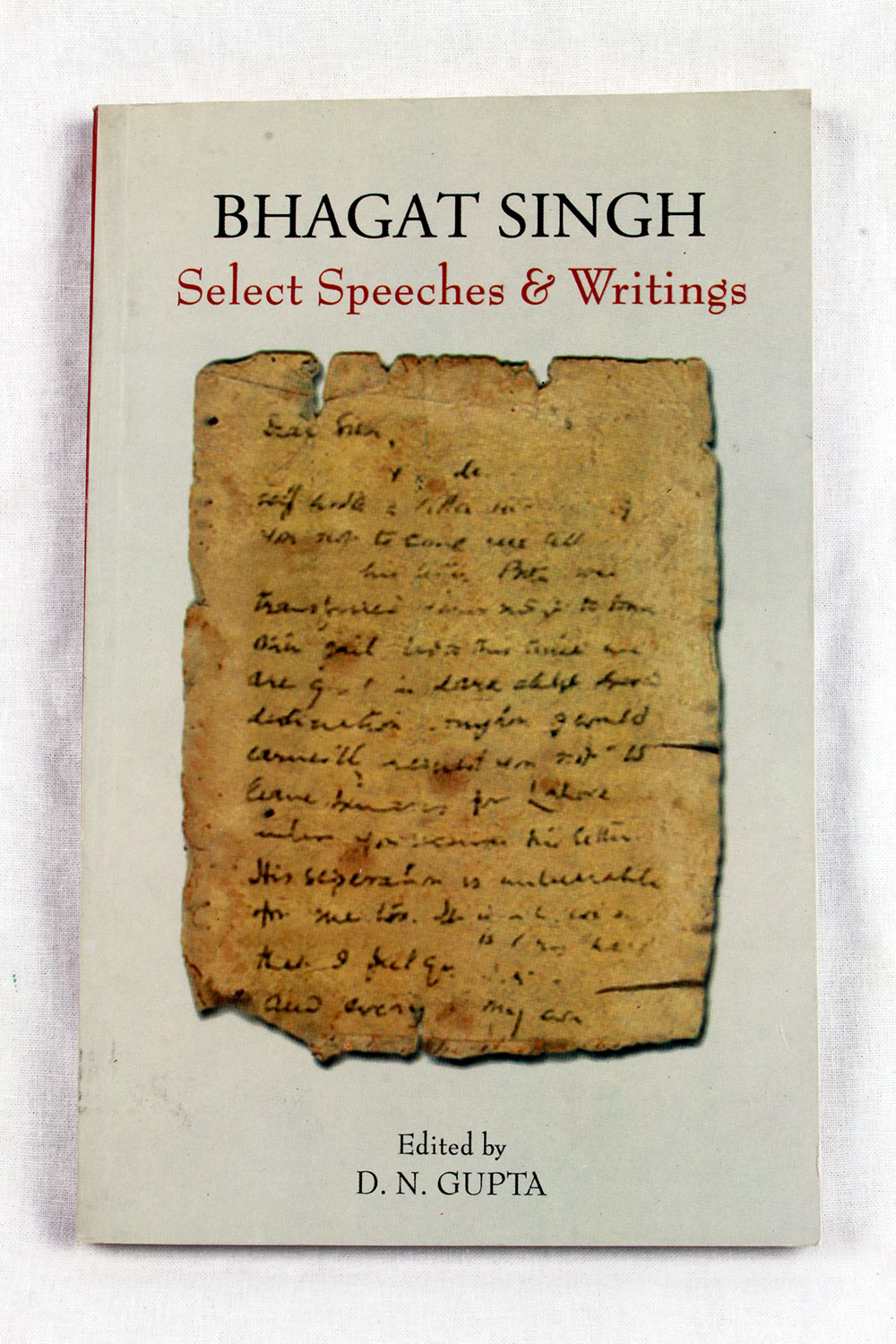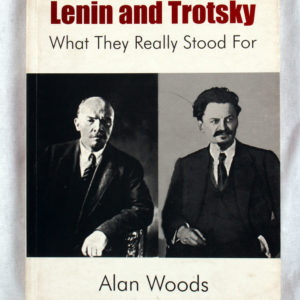Related products
Stretcher-Bearer of Empire
In the pantheon of global liberation heroes, Mohandas Karamchand Gandhi has pride of place. Leaders like Mandela have lauded him as being part of the epic battle to defeat the white regime and prepare the way for a non-racial country. A popular sentiment in South Africa goes: ‘India gave us Mohandas, and we returned him to you as Mahatma’.
Against this background, The South African Gandhi: Stretcher-Bearer of Empire unravels the complex story of a man who, throughout his stay on African soil (1893–1914), remained true to Empire while expressing disdain for Africans. For Gandhi, whites and Indians were bound by an Aryan bloodline that had no place for the African. His racism was matched by his class (and caste) prejudice towards the Indian indentured. He persistently claimed that they were ignorant and needed his leadership, and wrote their struggles out of history—struggles this book documents.
The authors show that Gandhi never missed an opportunity to demonstrate his loyalty to Empire, with a particular penchant for war. He served as stretcher-bearer in the war between Brit and Boer, demanded that Indians be allowed to carry fire-arms, and recruited volunteers for the imperial army in both England and India during the First World War.
Ashwin Desai is Professor of Sociology at the University of Johannesburg. His previous books include South Africa: Still Revolting, ‘We are the Poors’: Community Struggles in Post-Apartheid South Africa and Reading Revolution: Shakespeare on Robben Island among others.
Goolam Vahed is Associate Professor of History at the University of KwaZulu Natal. He writes on histories of migration, ethnicity, religion, and identity formation among Indian South Africans.
This Ideas Of Lenin And Trotsky Are Without Doubt The Most Distorted And Slandered In Histoy. For More Than Eighty Years, They Have Been Subjected To An Onslaught From The Apolgists Of Capitalism, Who Have Attempted To Present Their Ideas – Bolshevism – As Both Totalitarian An Utopian. An Entire Industry Was Developed In An Attempt To Equate The Crimes Of Stalinism With The Regime Of Workers’ Democracy That Existed Under Lenin And Trotsky.
Authors : Alan Woods, Ted Grant
Publisher : Aakar Publications
Arrow of God is a 1964 novel by Chinua Achebe, his third. It followed his book Things Fall Apart. These two works, along with the third book, No Longer at Ease, are sometimes called The African Trilogy, as they share similar settings and themes. The novel centers on Ezeulu, the chief priest of several Igbo villages in Colonial Nigeria, who confronts colonial powers and Christian missionaries in the 1920s. The novel was published as part of the influential Heinemann African Writers Series.
The phrase “Arrow of God” is drawn from an Igbo proverb in which a person, or sometimes an event, is said to represent the will of God. Arrow of God won the first ever Jock Campbell/New Statesman Prize for African writing.
‘Angela Davis swings a wrecking ball into the racist and sexist underpinnings of the American prison system’—Cynthia McKinney, former Congresswoman, US.
Davis’ central point is worth studying and bringing to the foreground in the prison reform movement. She argues that prisons do not solve crime. Within the last two decades the prison boom simply has intensified the criminalization of certain types of behavior, rather than having brought official crime rates down.—http://www.politicalaffairs.net






Reviews
There are no reviews yet.